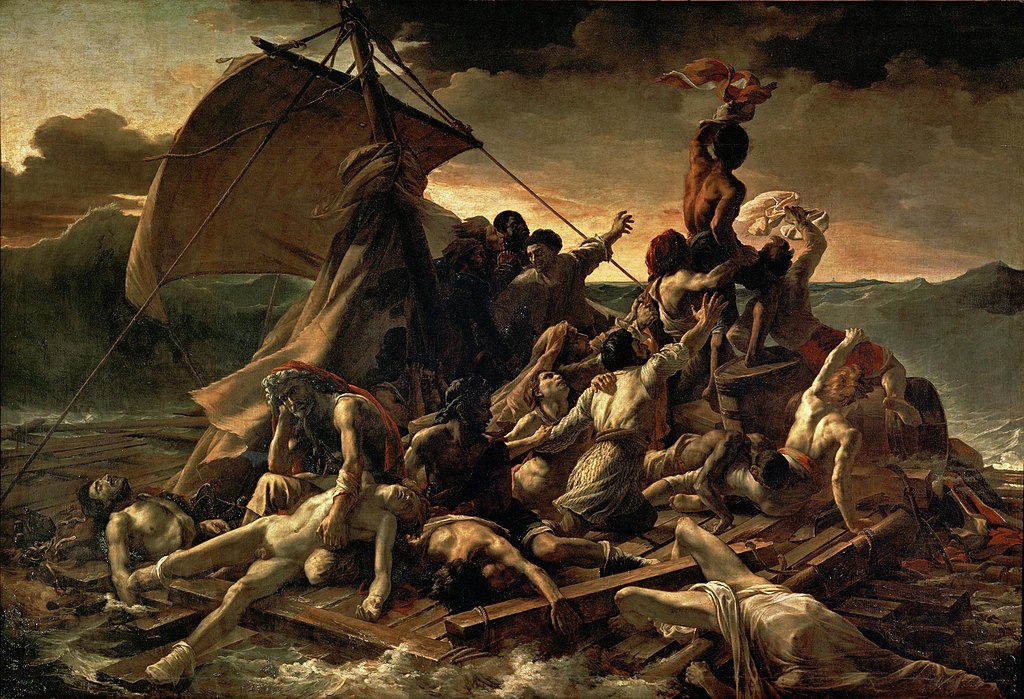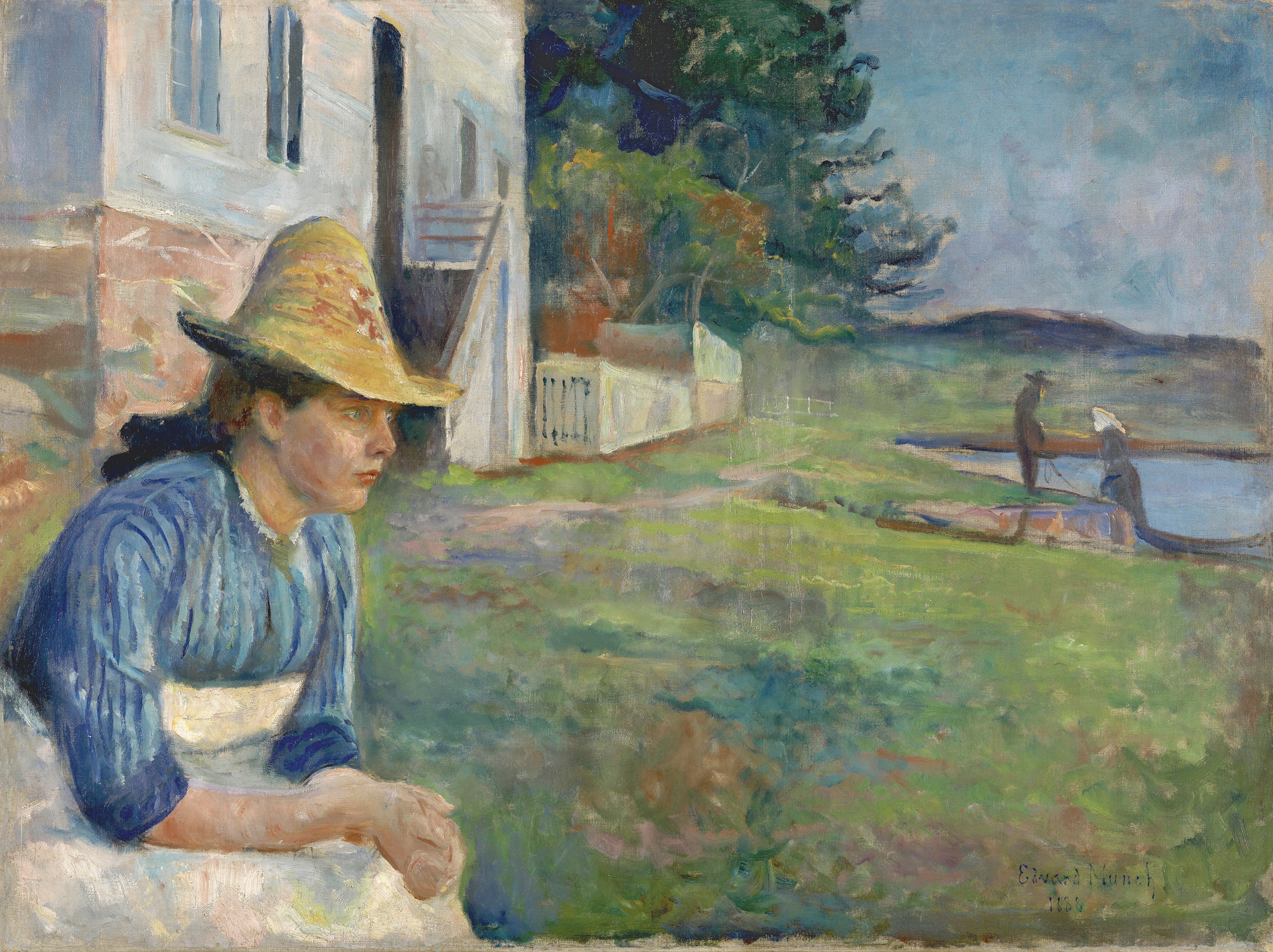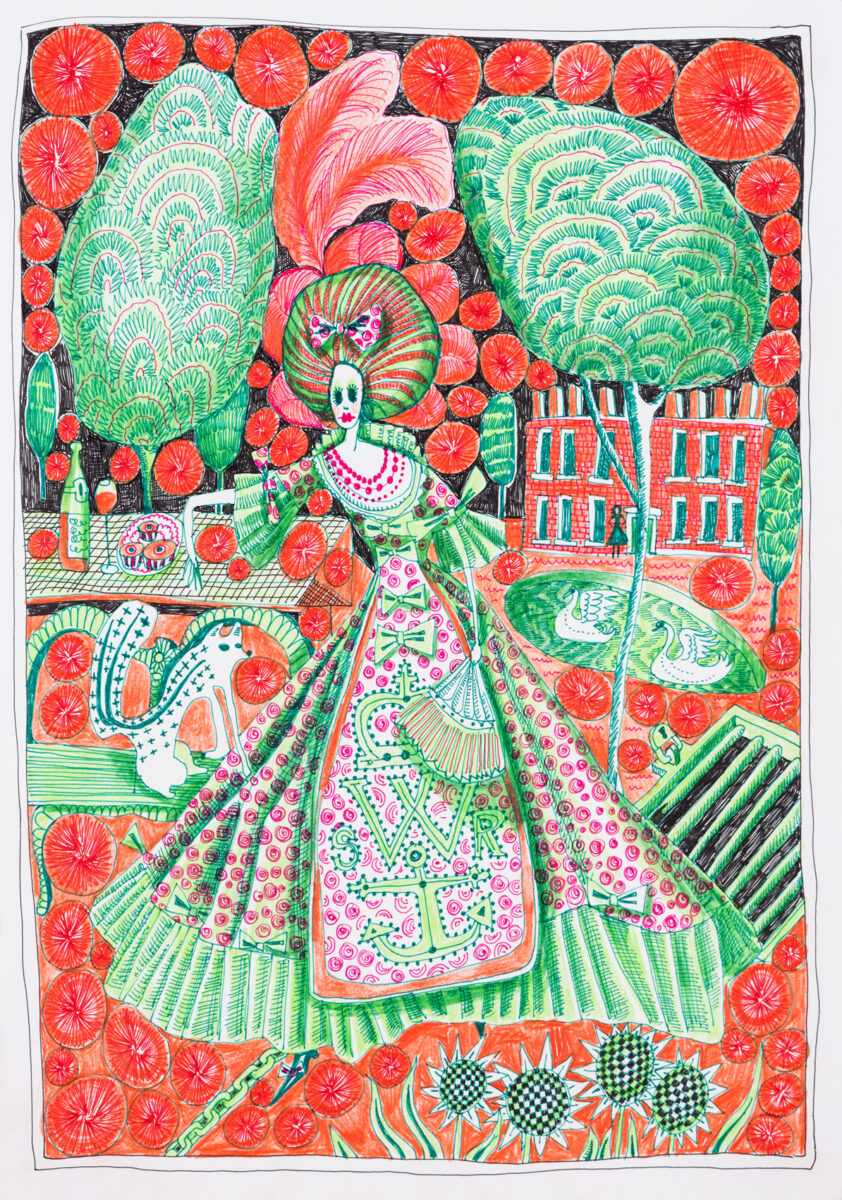
I really rate The White Lotus.
This multi-award-winning show is one of the smartest around. It’s almost like a modern myth. The specificity of the premise alone is incredibly satisfying: White Lotus is the name of an international chain of high-end resorts, a luxurious touchstone for the rich, the famous, and the dodgy. Season one took viewers to Hawaii, season two jetted us off to Italy, and this year we find ourselves welcomed to Thailand.
Each new series has a new location, a new cast and a new set of intelligent storylines. the only thing that ties the three series together is the omnipresence of the White Lotus hotel. Oh, and the presence of murder. Each series opens by telling its viewers that one person that we’re about to meet will die – it just takes us eight episodes to find out who.
I’m convinced that Mike White, the writer and director, must be one of the most perceptive people on the planet. I wouldn’t be surprised if, before he entails on writing another series, he just sits and watches the world. He endeavours to notice, endeavours to understand. I say this because he seems to discern the way people work: the way they love, the way they hate, the way they rest, the way they hide. And then he turns it up to eleven when crafting his characters.
Honestly, if Mike White hadn’t mastered the art of noticing, White Lotus wouldn’t work. But he pays attention to people; deep, intense and curious attention. That’s the magic sauce, I’m sure of it.
In the latest episode (episode three of season three, as it stands), there’s a scene that caught me by surprise. Its perceptiveness stopped me in my tracks.
Is Mike White over simplifying this, or is he saying what he’s seeing? That people have reduced the greatest, deepest, largest and truest story ever told to an association with red or blue?
We’ve been introduced to three friends: we have Kate (Leslie Bibb), Jaclyn (Michelle Monaghan) and Laurie (Carrie Coon). They’ve been friends since school, but now in their forties, life has taken them in different directions. Kate lives in Texas with her picture-perfect family. Jaclyn is a newly married and semi-famous TV star, living and working in LA. And Laurie is a divorcee, working hard and raising her daughter in New York City. They’ve come to Thailand (at the invitation and expense of Jaclyn) to re-connect and make some new memories.
But it’s not that easy.
Each woman is caught in a tussle of loving and loathing who the other two have become, they celebrate each other’s ‘successes’ and instinctively compete with them in equal measure. It’s masterfully done. As deeply as they want to be good friends to each other, perhaps for old time’s sake, this trio is not a safe one to be in.
One evening, after Laurie has had an ‘energy healing’ session, Jaclyn mentions that she can get on board with spiritual practices a whole lot easier than she can get on board with ‘religion’ – Christianity, she states, is made for men. She can’t seem to find herself, or any other empowered women, within the biblical story. And so, she finds herself gravitating to ‘witchy’ alternatives.
I’m a woman, a pretty ‘feminist’ one at that. I’m also, first and foremost, a Christian. And so, I think I have the right to say that this is incredibly perceptive of Mike White. I have this conversation time and time again: people wondering why a woman, one who believes in the social, economic, political and spiritual equality of the sexes, would ever hitch their wagon to the Christian tradition. Honestly, sometimes I feel like a unicorn.
Yet, when the ‘Christian’ church was first bubbling up (we’re talking first century) it had the reputation of being a religion for women and slaves. Everywhere it travelled - city by city, village by village - women (of every socio-economic background) flocked to the Christian community in dramatic numbers. It changed the cultural landscape. Jesus, the Galilean saviour that these communities couldn’t stop talking about, kept company with women in a history-making way and they were determined to do likewise. Now, what I can’t deny is all of the patriarchy that has been thrown into the mix since. To pretend it’s not there would be silly of me.
So, I hear you, Jaclyn. But I’ve gone straight to the source (Jesus) and I’ve hit upon a disconnect between the story I believe/the saviour I believe in, and the way it/he has been used against my gender – so I’ve stubbornly chosen to ignore the latter. I’ve never let it drive me away. I find my whole self (my gender included) forcefully loved by the God I know, endlessly drawn into his company, convinced by his assertion that he made me – fearfully and wonderfully.
Oh Jaclyn, they can try to tell me that Christianity isn’t for me, but I ain’t budging.
The dinner conversation moves on, Kate hits back – she tells her buddies that she, in fact, goes to her Texan church every Sunday and finds it ‘very moving’. Jaclyn and Laurie, both wide-eyed, sympathetically state that it must be hard to be around people who voted for Trump. And then it becomes obvious, to those in the scene and those of us watching it, that Kate herself voted for Trump.
It’s an emotionally intelligent watch: two women feeling viscerally betrayed by their friend for voting in such a ‘self-defeating’ way. And the friend on the other side, betrayed that they would think of her so differently as a result of her well-intentioned political leaning.
I live in the UK, and so I was taken aback that these women were able to draw such a confident line between A and B – between Christianity and one particular political party. Because of the perceptive nature of Mike White (as evidenced by the lines that came before these ones), I trust that this is somewhat accurate. It may not be the truth (I’m sure not every Texan Christian voted one way), but it’s certainly a perceived truth.
It intrigued but mostly troubled me. It made me wonder what the meaning of ‘Christian’ is becoming, or perhaps has already become – people holding the cross in one hand and a political party in another, claiming that to love one is to love the other. Are we really known as people who are wanting a messiah in the White House, a Saviour in the Senate? Is Mike White over simplifying this, or is he saying what he’s seeing? That people have reduced the greatest, deepest, largest and truest story ever told to an association with red or blue?
To Jaclyn, Laurie, Kate, and all those you represent – I’m sorry if we haven’t done the best job at representing ourselves, or Jesus, to you.
To Mike White – watch us a little longer, watch a little deeper. We Christians are neither a patriarchal nor political tribe; don’t squeeze us into the boxes that we’re pretending we fit in. That’s our bad. There’s more to us than that. You have my word.
Join with us - Behind the Seen
Seen & Unseen is free for everyone and is made possible through the generosity of our amazing community of supporters.
If you’re enjoying Seen & Unseen, would you consider making a gift towards our work?
Alongside other benefits (book discounts etc.), you’ll receive an extra fortnightly email from me sharing what I’m reading and my reflections on the ideas that are shaping our times.
Graham Tomlin
Editor-in-Chief










